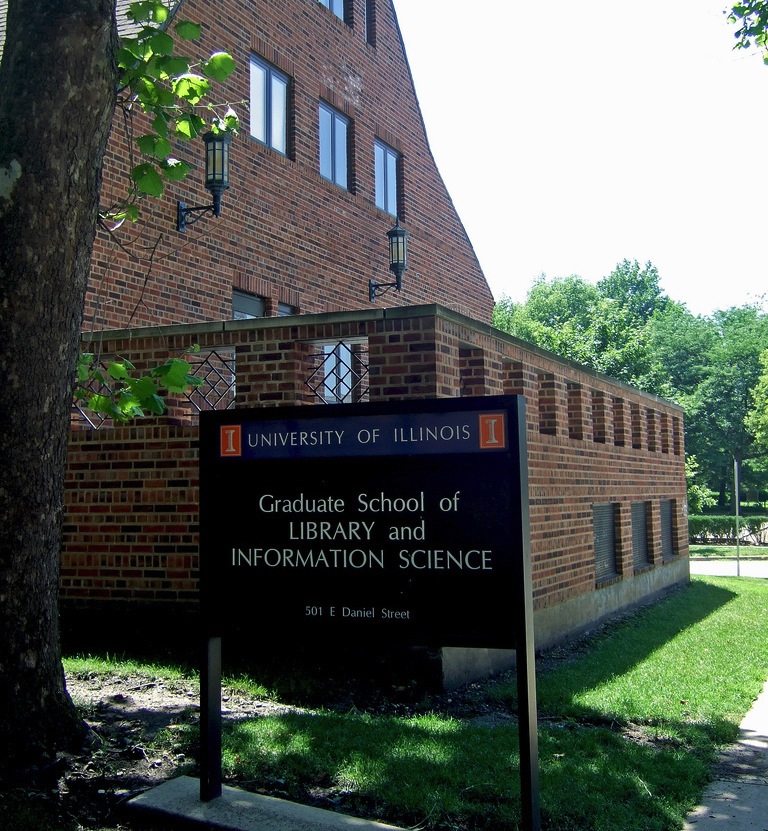
During my time at GSLIS, multiple public conflicts arose over issues of racial and cultural inclusion in admissions, curriculum, and student life. This led to a series of department-wide “Town Hall” meetings intended to address these issues publicly. A reading group I had previously co-organized for professional development and peer-learning purposes developed into a focal point for student engagement with these issues, and I became heavily involved as a result.
Eventually, faculty/student/staff committees were formed around discrete areas of concern, and I served on the committees dedicated to Student Life and Governance / Structures, helping to investigate and address issues like minority recruitment and retention, departmental culture, lines of communication between students, faculty, and staff, the role of elected student representatives, and the efficacy and perceived safety of formal and informal grievance procedures.
The process resulted in a number of positive changes, including the addition of a course on Race, Gender, and Sexuality in the Information Professions, a review of the curriculum in other core courses, the formation of a student-faculty reading group around these issues, changes to governance and grievance-reporting policies and procedures, and renewed efforts in recruitment and retention of minority students. This process also played a role in the eventual formation of the Center for Digital Inclusion at GSLIS.
For me personally these events and the associated work prompted a period of intense study and discussion of the issues involved in order to become a better ally, a more effective and informed advocate, and a more culturally competent and aware professional. It also and gave me valuable experience with committee work, marshaling data and research to make a case for policy changes, and navigating the worlds of institutional governance and departmental politics.

